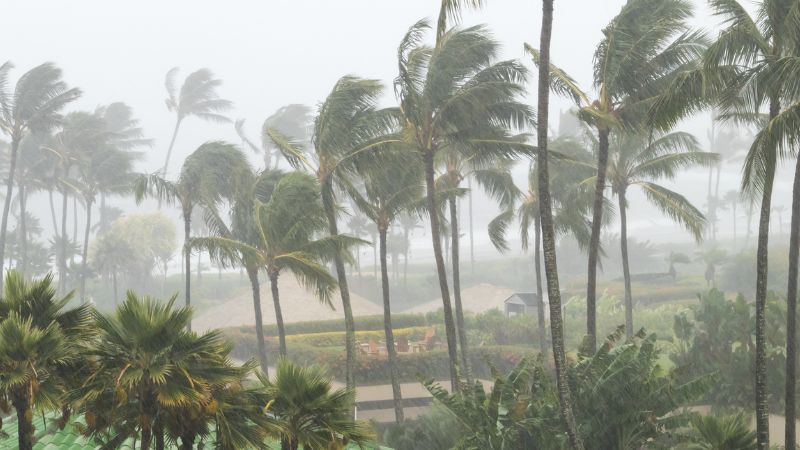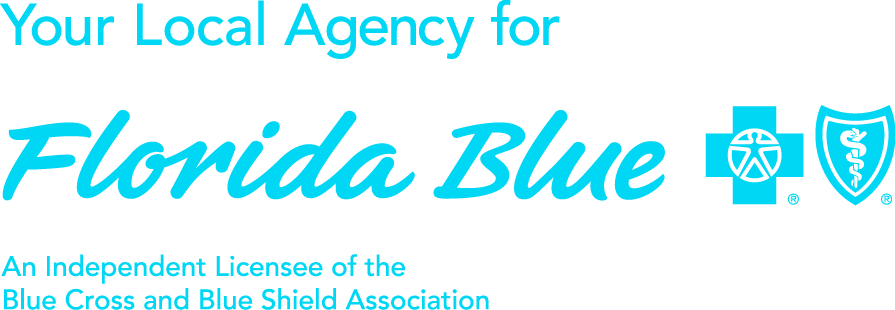Insurers Temporarily Blocked from Dropping Policies in Florida

By Jim Saunders and Mike Exline
Insurance Commissioner David Altmaier on Wednesday issued an emergency order that will temporarily prevent property insurers from dropping customers in the aftermath of Hurricane Ian.
The order will suspend cancellations or nonrenewals of policies for two months.
“Between September 28, 2022, and November 28, 2022, no insurer or other entity regulated under the Florida Insurance Code shall cancel or non-renew, or issue a notice of cancellation or nonrenewal of a policy or contract of insurance covering a property or risk in Florida, except at the written request or written concurrence of the policyholder,” the order said.
Also, the order will temporarily shield homeowners from losing policies if their properties are damaged in Hurricane Ian. Under it, insurers will be barred from canceling or non-renewing policies for at least 90 days after the properties are repaired.
Altmaier issued similar orders after Hurricane Irma plowed through much of the state in 2017 and Hurricane Michael devastated parts of Northwest Florida in 2018.
But Wednesday’s order came amid widespread concerns about how Category 4 Hurricane Ian will affect an already-troubled insurance market. Six carriers have been deemed insolvent since February. Other companies have dropped tens of thousands of policies to stem financial losses, with many of those customers turning to the state-backed Citizens Property Insurance Corp. for coverage.
The hurricane made landfall Wednesday afternoon in Southwest Florida and is projected to barrel through Central Florida before exiting into the Atlantic Ocean.
Gov. Ron DeSantis expressed confidence that Citizens, which was created as an insurer of last resort and has nearly 1.1 million policies, will not have a problem paying claims. Citizens has its largest concentrations of policies in Southeast Florida and the Tampa Bay area, both of which appear to have avoided the worst of Ian.
“I’ve spoken with Citizens. Their view, looking at the modeling of how much they would have to pay out … they have about a $6 (billion) to $7 billion surplus,” DeSantis said, referring to money available to pay claims. “They think that once this storm clears, and they pay all the claims, they’ll still have between a $4 (billion) or $5 billion surplus. So, they feel good that they’ll be solvent through this.”
Bigger questions surround how Ian could affect private insurers. DeSantis called a special legislative session in May to try to shore up the industry, with lawmakers, in part, agreeing to spend $2 billion to provide what is known as a “layer” of reinsurance to property insurers.
Reinsurance, which is essentially backup insurance for carriers, plays a vital role in the Florida market. The $2 billion added to reinsurance that carriers bought from reinsurance companies and from the Florida Hurricane Catastrophe Fund, a state-run program.
A commentary released Tuesday night by the AM Best financial-ratings agency said Hurricane Ian will be the “first test” for the $2 billion in reinsurance. The commentary also pointed to potentially broader reinsurance problems stemming from Ian.
“Property insurance in Florida is already a tough market, and this impending hurricane looks to make conditions only more demanding,” Christopher Graham, a senior industry analyst for AM Best, said in a prepared statement. “Reinsurance rates are already increasing, and a catastrophic hurricane will likely put more pressure on reinsurers to raise rates.”
DeSantis, in recent days, has said a significant part of Ian’s damage will come from flooding, which is largely insured through the National Flood Insurance Program, rather than by private companies. He also pointed Wednesday to reinsurance that the private insurers have.
“For the private carriers, a lot of it is going to depend on their financial situations,” he said. “The regulators, when they go and approve their policies, they do different stress tests. So, this year, they (insurers) all had to pass a stress test for a major storm going into Tampa Bay. They had to show they were capitalized enough to do that. They all, of course, have reinsurance, and our CAT Fund (the Florida Hurricane Catastrophe Fund) is $17 billion. It’s never been higher.”
— News Service Assignment Manager Tom Urban contributed to this report.
Send Your News to Coral Springs #1 Award-Winning News Site Here. Don’t miss reading Margate Talk, Parkland Talk, and Tamarac Talk.
‹ Back



 Elliot Glass has been a leader in the insurance industry since 2012. His experience and reputation enable him to best serve his valued clients by understanding their individual needs and offering common-sense solutions. This process saves time, money and provides peace of mind for you and your family.
Elliot Glass has been a leader in the insurance industry since 2012. His experience and reputation enable him to best serve his valued clients by understanding their individual needs and offering common-sense solutions. This process saves time, money and provides peace of mind for you and your family.
.png)